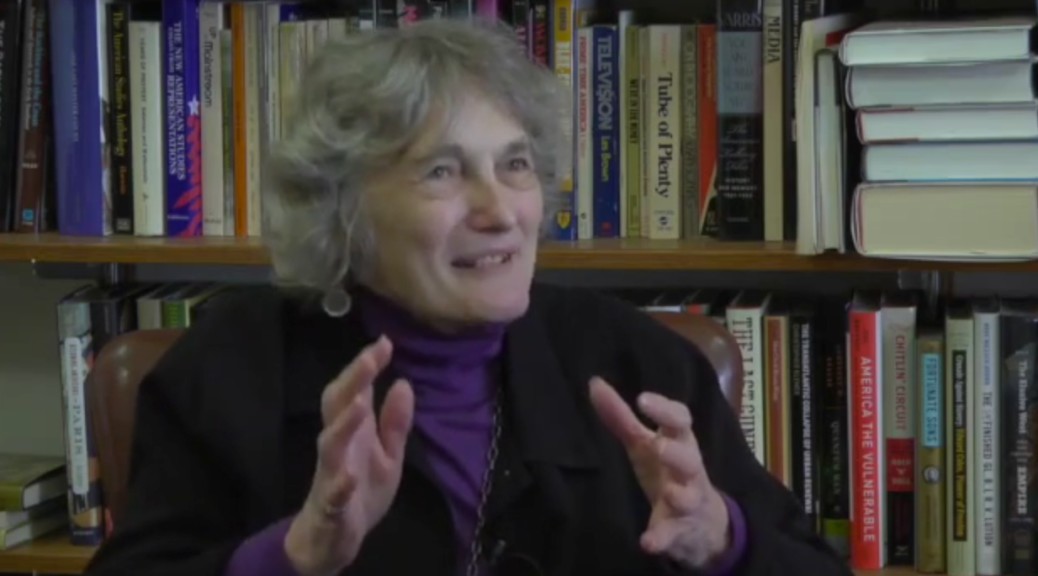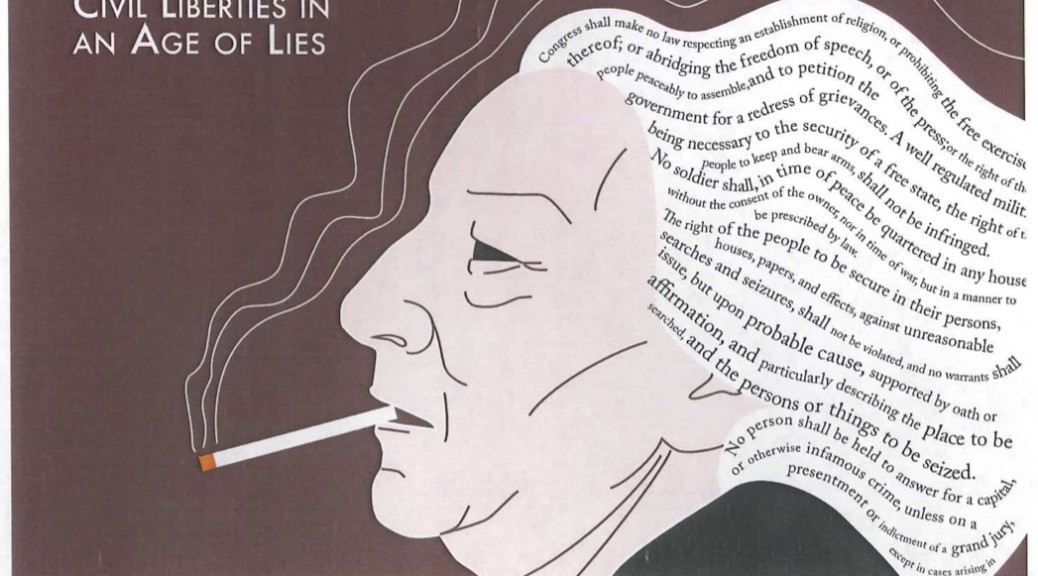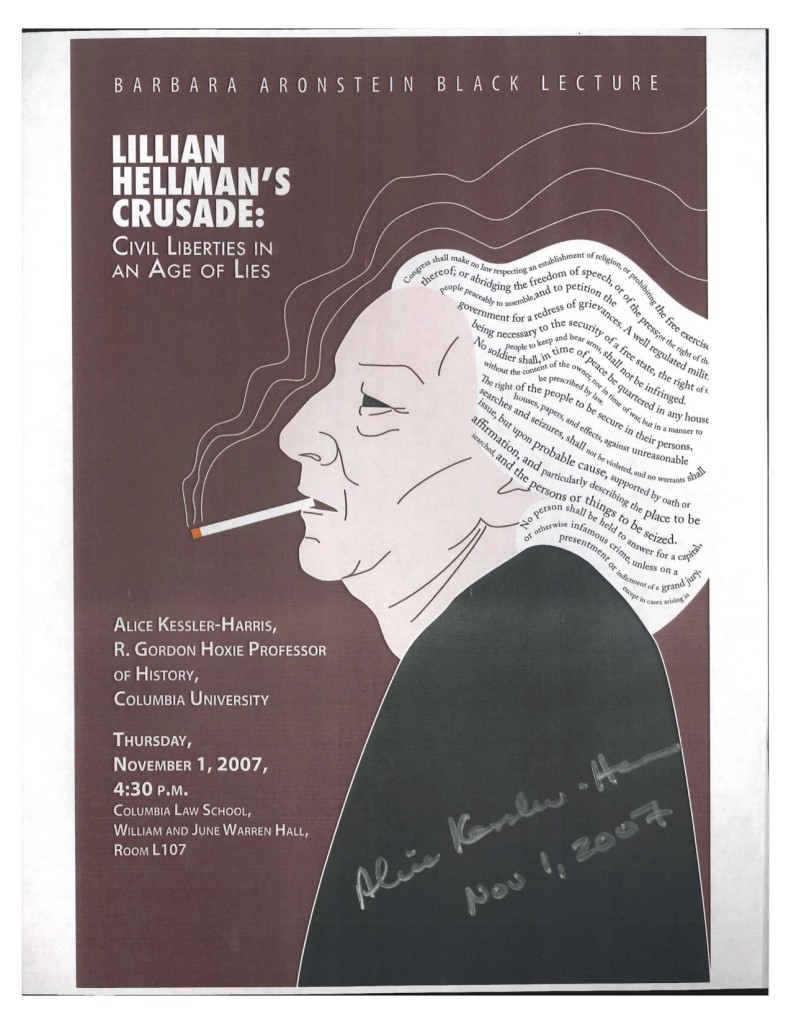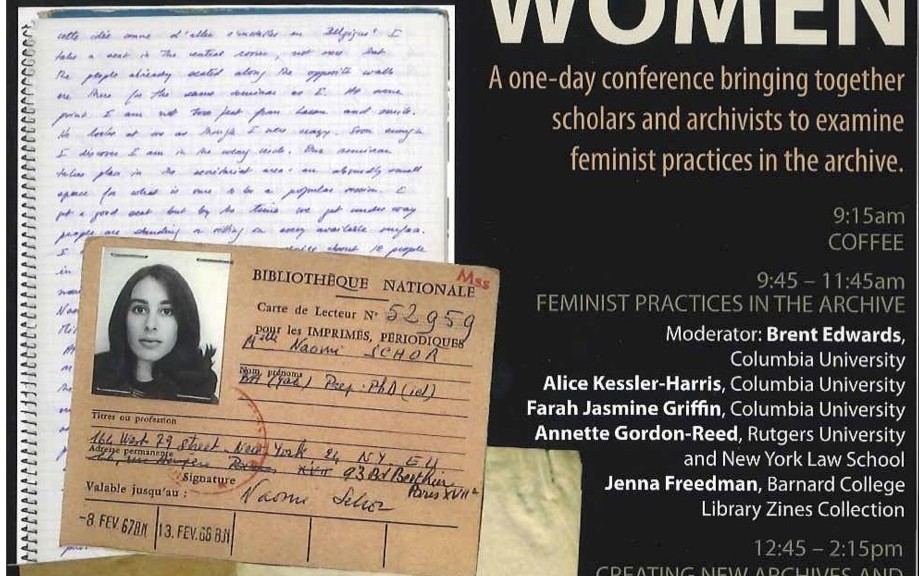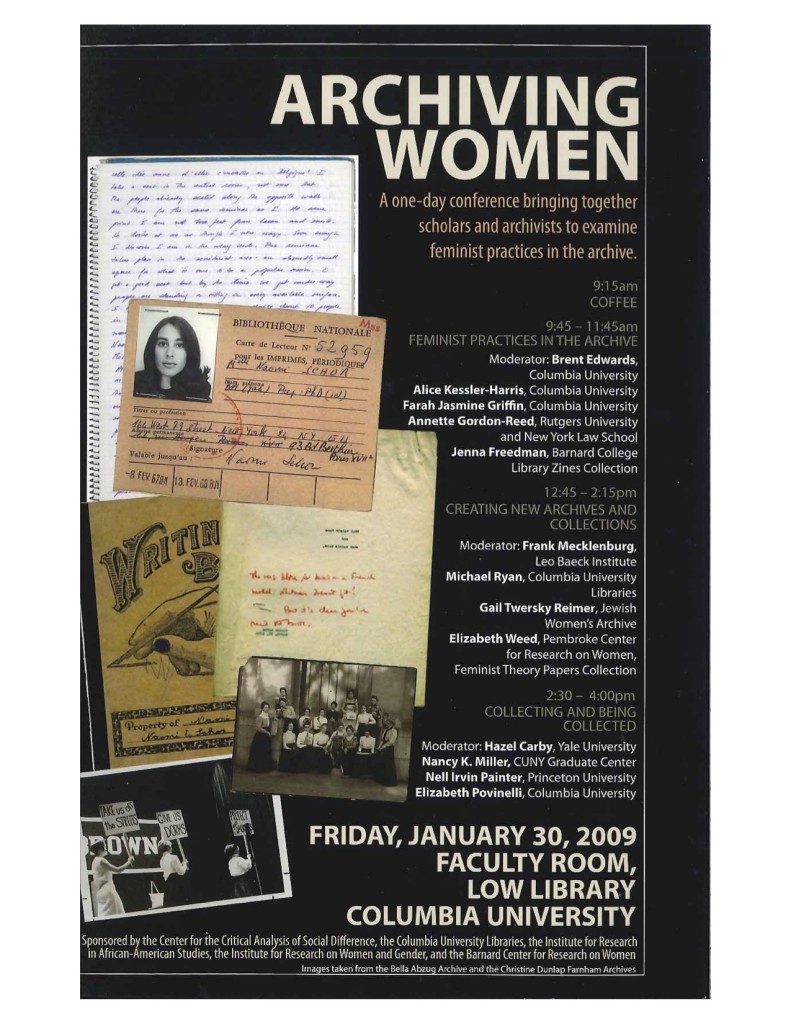ALICE KESSLER-HARRIS
R. Gordon Hoxie Professor of American History in Honor of Dwight D. Eisenhower
IRWGS Core Faculty
As I think about where IRWAG should go or might go in the future, I think that the intellectual directions have to be first on the agenda because as we begin—now, there are, I think, six joint faculty lines in women’s studies. But one member of the faculty has just gone off to be a dean, another has pulled out of her teaching commitments. I’m about to retire. That gives us an opportunity to re-think the whole intellectual direction of the project. One of the things that’s most exciting, I think, is when a department or a program has the chance to say, “Well, we’ve got three—possibly more if we can twist a few arms—but at least three new hires that we can think about, new people to bring in. How should we think about the program as a whole so that these people fit?”
For whatever reason, gender seems to have surfaced or bubbled up in all kinds of places. Questions of work and wage work and what it does to the family or what it does for the family within the United States, of how the labor force has to be changed, of what the impact will be on capitalism or on social rights on the global movement of labor through caring work. All those questions are questions that involve gender profoundly. So there’s a piece of me that thinks its moment has come. The moment has come when we so deeply, deeply need to understand how gender functions in this society that it’s an opportunity to open up a women’s studies program, both as a teaching program and as a research program, that attempts to grasp some of these issues, to understand them, to push them forward. I think that’s my hope for the next generation of women’s studies.
It’s about a gender that we now understand as fully and completely racialized, about a gender that we understand as rooted in class, as rooted in nation. It’s a conception of gender that we could never have imagined when the concept first emerged on the scene in the later 1970s. I think Columbia is poised to take advantage of it. Let me put it that way. We have so many very good, very smart people at the cutting edge of their fields, who just need an institutional support system to enable them to move in creative directions.

